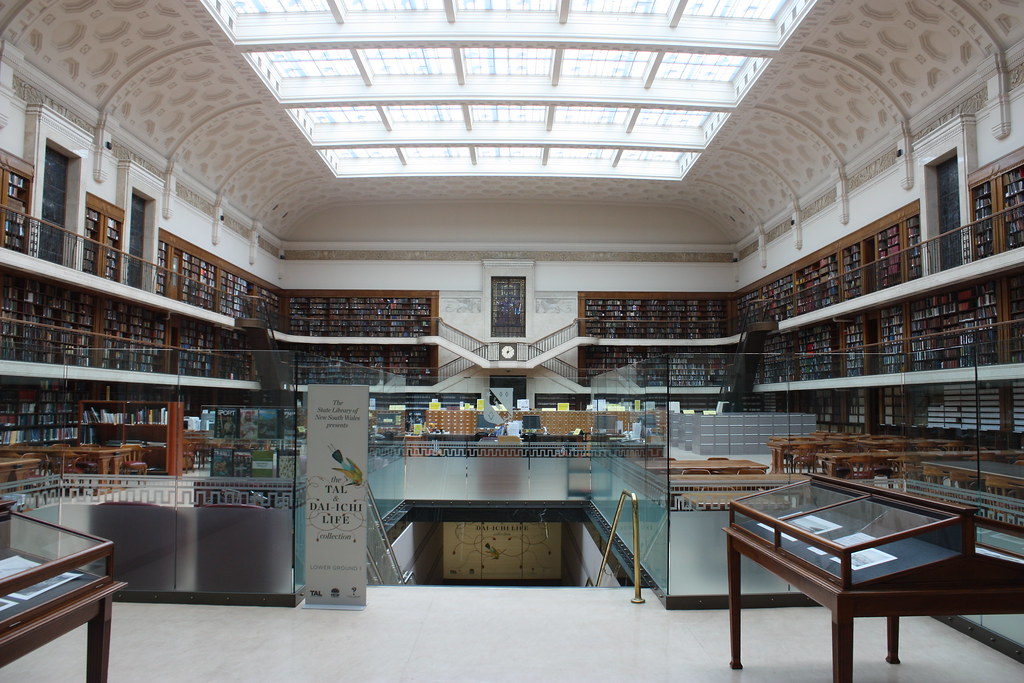by GYA Executive Committee member Anna Harris (University of Maastricht, Netherlands)
(Note: Many thanks to GYA Senior Communications Officer Jim Curtiss for his collaboration on this post.)
Facing a paywall
A few years ago while I was precariously positioned between short-term contracts, I was invited to write an article on a topic I’d previously done quite a lot of research on. This was a thrilling invitation that even promised to pay a small honorarium, which was much appreciated at the time.
Yet there were two main challenges with this task. The first was that without employment at a university, I was an outsider. That is, I did not have access to the many journals and books that I needed to review for the article, and had to rely on my past notes, as well as on friends’ library access and on physically visiting university libraries around the country making notes from books that I was not permitted to borrow.
This restricted access made the article far more time-consuming to write than it needed to be.
The second challenge was that after I had done all of the research and writing, upon publication the article was placed behind a paywall, and an expensive one at that!
Even after I was again fully employed, I could not access the article through the university system because we had no account with the publisher. It felt enormously frustrating that only a select few researchers, teachers and students could access this work.
Nowadays, and thanks to funding from the European Research Council, I’m very lucky to have both a stable job and resources to facilitate Open Accessibility placement of my research. In fact, it is my mandate as a grantee to be a part of this important shift towards Open Accessibility.
GYA and Open Research Europe
My story is unfortunately all too familiar. Indeed, across the world and particularly in lower- and middle-income countries, early-career researchers (ECRs) have deep concerns over Open Access and Open Science, especially about the traditional system of high publication fees that prevent many researchers from publishing – and not only those in their early-career stages.
As a global organisation of young researchers from six continents, the GYA is committed to making these concerns public, which is one of the reasons that we joined a consortium, led by F1000 Research, and also including OpenAire, Eurodoc and LIBER as partners, that was awarded a European Commission contract to build and promote a free Open Access publishing platform for scientific articles – Open Research Europe (ORE).
Part of what makes ORE an attractive publishing platform is that all researchers funded by a Horizon 2020 or Horizon Europe grant can publish original research related to their project on ORE at no cost to them. The fees are instead covered by the European Commission, which helps make sure that all researchers have the opportunity to publish their research outputs, regardless of their background.
The hope is that eventually the ORE publishing platform – and others like it – will be available outside of the Horizon 2020 and Horizon Europe programmes, and similar to ORE, bear low/no costs for researchers from under-financed science systems around the world.
You can learn more about ORE at our Open Research Europe Resource Page, as well as check out their blog and their Guide to Open Data.
GYA is active in Open Science and Open Access
In addition to our involvement with ORE, the GYA supports Open Science and Open Access in a variety of ways, mostly through our Open Science Working Group, and also through our endorsement of the Statement titled “Article Processing Charge (APC) Policies on Open Access (OA) Publishing Model: The Impact on Developing Countries and the Need for a Multilateral Solution.”
This Statement challenges the author-pays OA publishing model, which incurs extremely high publication costs for authors that are often bundled into one article processing charge (APC). This approach places undue burdens on researchers from low- and middle-income countries around the world, which the GYA strongly opposes.
The Statement arose from a group of early-career scientists, including GYA member Luciana Balboa (Institute of Experimental Medicine- CONICET, National Academy of Medicine, Argentina), members of the TWAS Young Affiliates Network (TYAN) and the Argentinian Young Academy (AJA), in collaboration with a number of National Young Academies and partner institutions.
We invite you to read the full statement, and if you are so inclined, to become a signatory.
What does the future hold?
One of our many strengths at the GYA is the diversity of our perspectives from across disciplines and around the world, with a shared passion for thinking about issues of scientific and global importance. We take these rich experiences into account in how we navigate the complex future of Open Science and Research.
In addition to the activities noted above, we are planning future workshops to critically brainstorm how young scientists can contribute their own voices to this movement, to be part of the shaping of our scientific future.
We look forward to sharing further developments with you on that – stay tuned!
